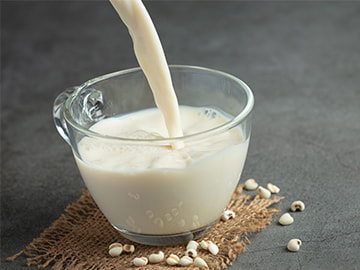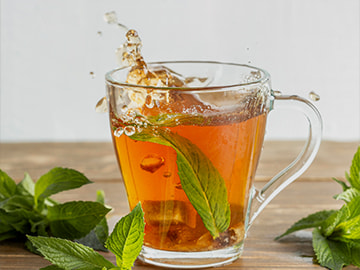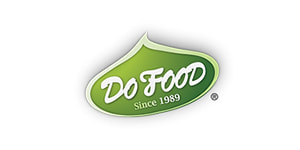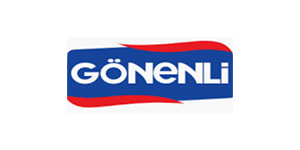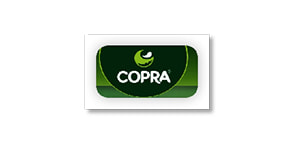Sterilization Precautions for Tea Beverages
When processing tea beverages at high temperatures, multiple core factors must be carefully addressed, such as temperature management, beverage ingredient ratio, packaging material selection, sterilization facilities, and quality control. Only by being meticulous in these aspects can the hygiene standards and taste quality of tea beverages be guaranteed.
The key to sterilizing tea lies in heat treatment. Such as pasteurization or high temperature sterilization retort for sterilization. Through heat treatment, microorganisms (such as yeast) can be deactivated, thereby reducing the risk of fermentation and ensuring consumer safety. Spray high-temperature sterilization realizes the sterilization of tea beverages by transferring heat through water mist. It minimally affects the flavor of the tea while ensuring safety.
The main purpose of high temperature sterilization is to kill microorganisms in beverages to ensure the hygienic quality of beverages. Therefore, the sterilization temperature and time must be strictly controlled to ensure the sterilization effect. Generally speaking, the sterilization temperature of tea beverages should be above 120°C and maintained for a period of time to ensure that the microorganisms in the beverage are completely killed.
During the high-temperature sterilization process of beverages, the formula composition will also have a non-negligible impact on the final sterilization effect. Specifically, if the beverage contains specific substances such as higher concentrations of sugar and acidic ingredients, the bactericidal effect may be weakened to a certain extent. Therefore, in order to ensure the maximum sterilization effect, we need to carefully optimize and adjust the beverage formula before implementing the sterilization operation.
Selecting appropriate packaging materials is critical to ensuring high temperature sterilization effectiveness. Some packaging materials may release harmful substances under high temperature conditions, causing adverse effects on beverage quality. Therefore, when selecting packaging materials, its high temperature resistance and safety must be fully considered to ensure product quality and consumer health.





